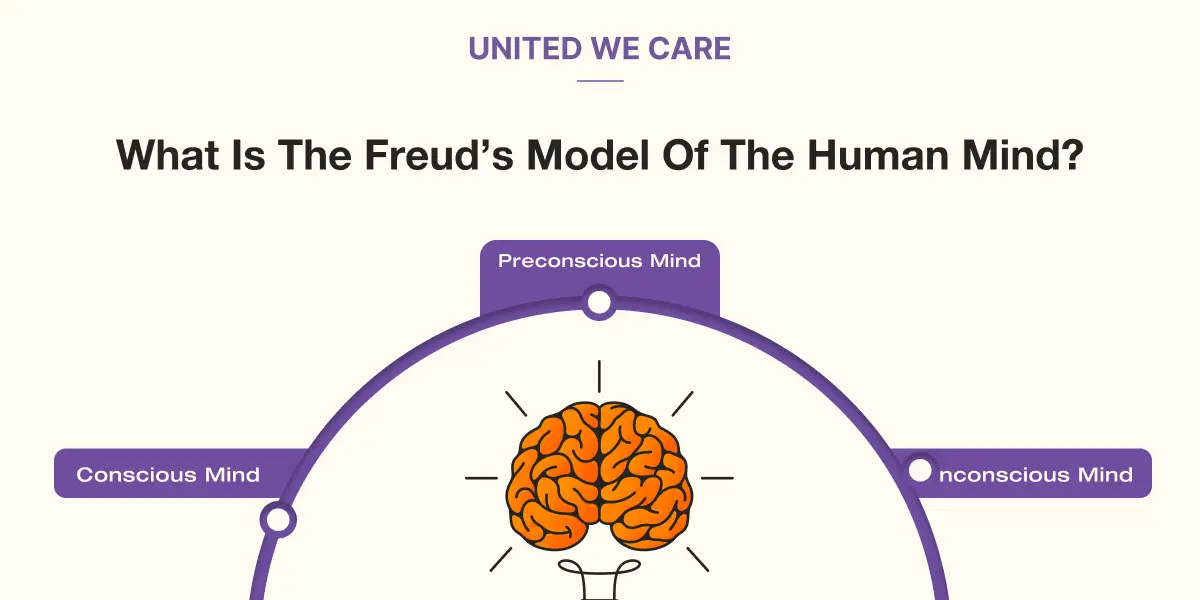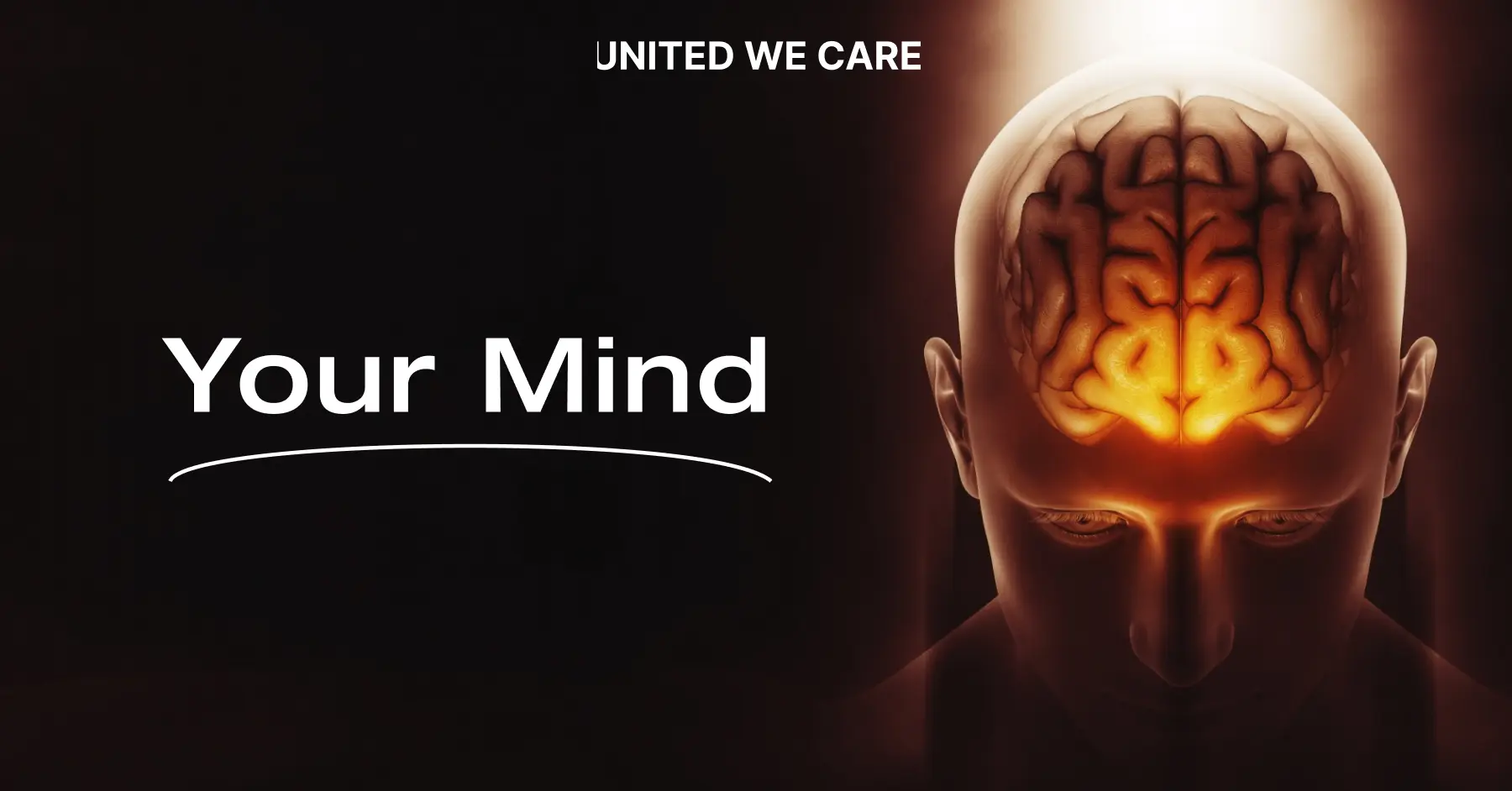Introduction
Who are you, and why do you think, feel, and act in the way that you do? This is a complex question that will require you to do extensive self-examination. An important part of this search for answers is to get a better understanding of your mind and how it functions.
We live in a world where our challenges are even more diverse now- we are in the throes of multiple climate, health, and political crises and witnessing not only the rapid evolution of technology and artificial intelligence but also a massive information overload. Hence, it is extremely important to understand the workings of our mind and how we can use it to adapt and grow.
In this blog, we’ll talk about what the mind really is, how it functions, the science behind cognitive change and adaptations, neuroplasticity practices, and how to take care of your mind for your mental well-being.
How Does Your Mind Function?
What the mind is and is not has been a topic of debate in philosophy, psychology, and neuroscience for a long time. A general understanding of the concept of mind is that it is the seat of consciousness and plays a role in the way we think, imagine, perceive, sense, reason, and believe. [1]
Difference between mind and brain
The mind is closely linked to the brain. However, they’re not the same. The brain is a physical organ of the central nervous system that carries out its functions, such as controlling movement, processing information, etc., through neuronal activity. The mind, on the other hand, is considered a non-physical faculty. While its functioning may overlap with some of the cognitive processes of the brain, it focuses on broader aspects such as intellect, consciousness, and the subjective experience of being. [2]
Different philosophical theories, such as dualism, materialism, and idealism, argue and believe differently about the role and coexistence of the mind and brain. While the research on this subject is vast and evolving, for the scope of this blog, we’ll focus on the interconnectedness of the mind and brain and dig deeper into mental phenomena to get a better understanding of the mind.
Functions of the mind [3]
Consciousness: Because the mind is associated with subjective experiences, consciousness is our ability to perceive, feel, and have a sense of self.
Cognitive and executive processes: Our mind is responsible for cognitive processes such as attention, memory, and reasoning, as well as executive functions such as planning, decision-making, and controlling impulses.
Imagination and creativity: Our mind also enables us to come up with new ideas and concepts.
Beliefs and values: Because the mind is where we interpret our experiences, it also plays a role in forming attitudes, beliefs, opinions, etc.
Freud’s model of the human mind

Also known as the psychoanalytic theory, Freud classified the mind into three levels: [4]
Conscious mind: We are aware of the thoughts, memories, feelings, and wishes at any given time in this part of our mind and are also able to work through them rationally.
Preconscious mind: This mind is a bank of our memories, beliefs, skills, etc., that can be brought into the conscious mind as needed.
Unconscious mind: Our thoughts, memories, or urges that we feel are unacceptable or painful are repressed in this mind, which is outside of our conscious awareness.
If these levels were to be represented visually, think of an iceberg. The tiny part you can see above the water is the conscious mind, the part that is submerged but you can still see your preconscious mind, and the huge submerged and invisible part of it is your unconscious or subconscious mind.
Power of Your Mind
-
Cognitive Abilities:
-
- Our human mind possesses remarkable cognitive abilities. It includes perception, memory, reasoning, and problem-solving. These faculties enable individuals to process information, learn from experiences, and adapt to new situations.
-
Imagination and Creativity:
-
- Our own mind has the ability to imagine, visualize, and create new ideas, artworks, inventions, and solutions to complex problems. We know imagination and creativity drive innovation and progress in diverse fields, from science and technology to literature and the arts.
-
Emotional Intelligence:
-
- Now, we talk about emotional intelligence, which refers to the capacity to perceive, understand, manage, and express emotions effectively. Our mind has the ability to regulate emotions, empathize with others, and build relationships plays a crucial role in personal well-being, social interactions, and professional success.
-
Mind-Body Connection:
-
- As per our thinking, the mind-body connection highlights the interplay between mental and physical health. Research suggests that thoughts, beliefs, and emotions can influence bodily functions, immune responses, and overall health outcomes. Practices such as mindfulness, meditation, and cognitive-behavioral therapy harness this connection to promote holistic well-being.
-
Resilience and Growth Mindset:
- Our mind has the capacity to cultivate resilience and a growth mindset, enabling individuals to overcome challenges, learn from failures, and pursue personal development and mastery. By fostering a positive outlook, embracing setbacks as opportunities for growth, and maintaining a sense of purpose, individuals can unleash the full potential of their minds.
Evolve your brain: The Science of Changing Your Mind
Our brain can change its physical structure and functional organization through training and experience, which can also help form new neural connections. This is known as neuroplasticity, and it means that you can evolve your brain and make positive changes to your cognitive functioning. [5]
You can leverage neuroplasticity and rewire your subconscious mind over time with practices such as [6]
- Learning new skills to challenge your brain, such as a new language
- Physical activities and exercises, especially ones that promote coordination and balance, such as juggling or cycling
- Meditation and present-moment awareness
- Exploring new environments or traveling
How to Energize Your Mind
Since our mind is responsible for so many functions, combined with our diverse challenges and digital overload, it can get fatigued. Hence, it is important to energize your mind by:
- Eating healthy: Foods such as walnuts, berries, omega-3 fatty acids, etc. promote brain health
- Getting proper sleep and rest: This can help with improved cognitive functioning
- Challenging your brain through activities: Puzzles, video games, and strategic games can be stimulating to your brain
- Connecting socially: Spending time with friends and family or making new connections can also help
- Stress management: Techniques such as yoga, mindfulness, tai chi can be effective
- Self-reflection and practicing positive affirmations
Conclusion
Our minds and brains are different but intricately interconnected. Like the brain, the function of the mind involves cognitive processes. Additionally, it also requires consciousness and subjective experiencing, imagination, and the formation of beliefs. You can rewire your mind and make positive changes in life thanks to neuroplasticity, which is the brain’s ability to change its structure and functioning through repeated training. Learning new skills, engaging in activities and exercises that increase coordination and balance, and even traveling can promote the formation of new neural connections. It is important to take care and energize your mind by eating healthy, getting good sleep and rest, and managing your stress through techniques such as mindfulness. If you wish to learn more about such strategies that can boost your mental well-being, explore United We Care’s self-paced courses or book a session with one of our mental health experts.
References
[1] Cornell University, “Understanding the Mind,” [Online]. Available: https://psychology.cornell.edu/news/understanding-mind. Accessed: Jan. 16, 2023.
[2] Titchener, E. B. (1910). “The Schema of Introspection.” Mind, 19(76), 286–302. [Online]. Available: https://www.jstor.org/stable/24939212. Accessed: Jan. 16, 2023.
[3] Foundation for Critical Thinking, “The Human Mind: According to the Ancients, According to Modern Psychology,” [Online]. Available: https://www.criticalthinking.org/files/SAM-TheHumanMind.pdf. Accessed: Jan. 16, 2023.
[4] University of Saskatchewan, “Levels,” [Online]. Available: https://openpress.usask.ca/introductiontopsychology/chapter/psychodynamic-and-behavioural-psychology/#:~:text=Sigmund%20Freud%20divided%20human%20consciousness,id%2C%20ego%2C%20and%20superego. Accessed: Jan. 16, 2023.
[5] Doidge, N. (2007). Evolve Your Brain: The Science of Changing Your Mind. [Online]. Available: http://dspace.vnbrims.org:13000/jspui/bitstream/123456789/4266/1/Evolve%20Your%20Brain%20The%20Science%20of%20Changing%20Your%20Mind.pdf. Accessed: Jan. 16, 2023.
[6] Shaffer, J. (2016). “Neuroplasticity and Clinical Practice: Building Brain Power for Health.” Frontiers in Psychology, 7, 1118. https://doi.org/10.3389/fpsyg.2016.01118. Accessed: Jan. 16, 2023.









